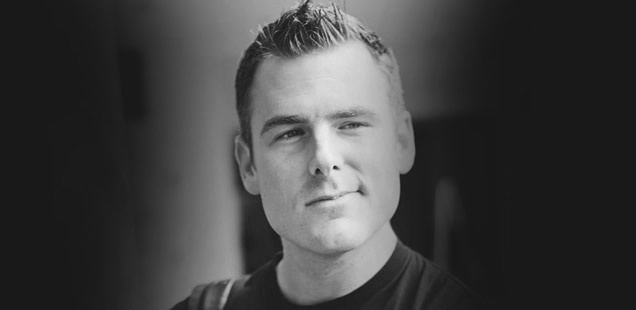When you can't win
In the Wrath of Khan (that's a Star Trek movie), the opening scene depicts the Kobayashi Maru. The test, given to all Starfleet cadets, simulates a "no-win" situation. Essentially, there's no way to succeed: no matter what the trainee does, they end up losing.
In the middle of the film, cadet Saavik learns how Captain Kirk beat the simulation. After taking the test twice, and failing, he secretly re-programmed the simulation before his third attempt. Saavik questions him: why didn't he play by the rules? Kirk replies:
"I don’t believe in the no-win scenario. I like to think there always are…possibilities." - Captain Kirk
https://www.youtube.com/watch?v=z49bBPf7b4g
The Kobayashi Maru test makes me think about our circumstances, and how they affect success.
A hard truth
Yes, your circumstances affect you, and your ability to create successful products.
This is the point in Malcolm Gladwell's famous book, Outliers: our situation in life pre-determines our success. For example, Gladwell submits that Bill Gates would not have been tremendously successful had he not had access to computers at the age of 13. Computers were extremely rare for anyone growing up in the 60's, and all those early years programming gave Bill a "leg-up" on the rest of the world.
Another hypothetical example: if someone were undergoing cancer treatment, it would be very difficult for them to bootstrap their own product. Life presents constraints, and some of us have more constraints put on us than others.
This brings up a second point: the idea of "unfair" advantage. Yes, some people (and teams) have a built-in advantage over others in this game. If you're a single parent, raising 12 kids, you'll certainly have a harder time than a single person, who doesn't have the same drain on their resources.
And, as I've mentioned in a previous post, there is Harvard research that suggests that increased stress (especially financial stress) negatively affects cognitive ability. This means your circumstances can also affect your ability to make good decisions, and act creatively.
So where's the hope? Is there anything you can do?
Be like Kirk: create your own unfair advantage
Captain Kirk cheats the system by stepping outside of the system itself. He zooms out of the situation and asks: What's everyone missing? What hasn't been tried? Why does everyone do it this way?
"There always are possibilities" - Spock
Inherent in this approach is also a rugged optimism: no matter what, Kirk looks for possibilities. He doesn't allow himself to believe in a no-win scenario. He's determined to find a way.
Dan's success story

Dan Martell, the founder of Clarity, had a hard upbringing. His mother was an alcoholic, and at the age of 11 he was removed from his home and spent years in foster care. After his parents divorced, he started doing (and selling) drugs.
At age 17, he got into a high-speed chase with police. He was arrested, and served a 6 month jail sentence. After that, he was sent to rehab. But in rehab, everything changed: he discovered computers and programming. Dan turned a terrible circumstance into something positive: while in rehab he read every computer book he could find.
Once he was released, Dan recognized his unfair advantage:
"I’ve always been into building and selling stuff, so I took to selling drugs. But when I was in rehab, and discovered computers, I learned to build stuff that wasn’t illegal. It turns out a lot of the stuff you learn selling drugs, translates to business acumen." - Dan Martell
He was also struck by how the rehab program's success was based on using staff who had been former drug addicts. This realization, plus his programming skill, and business acumen, became the foundation of Clarity, his current startup:
"Clarity’s foundation is getting advice from people that have been there before."
(You can listen to my full interview with Dan here)
Dan doesn't run his business by traditional startup rules. He's eschewed living in San Francisco in favour of Moncton, New Brunswick. Initially, instead of raising money for Clarity, he built a working prototype by himself in 2 days. He also ignored traditional startup advice, and started charging people to use the service right away.
His interpretation of the Captain Kirk philosophy is this:
"The world rewards courageous decisions."
3 things you can try today
Your circumstances affect you, but they don't have to define you. Instead of focusing on your current disadvantage, focus on what you can do:
- Only have 5 minutes a day to create something? Then put those to use! Create something tiny; even if it's just a doodle on a business card.
- Don't focus on the people that are ahead of you, instead, focus on the people you can help right now.
- Look for one, small, way you could be more healthier: go to bed earlier, drink more water, do 10 push-ups a day, walk to work, or pack a lunch.
I know some of you reading this are in a hard place. I hope this post gives you some encouragement: focus on what you can do (not on what you can't), figure out how to break the rules, and use your unfair advantage. I'm rooting for you.
Cheers,
Justin Jackson
PS: do you like this post? You should get my weekly newsletter! I'll send you something new every week, and you can reply with your questions anytime.